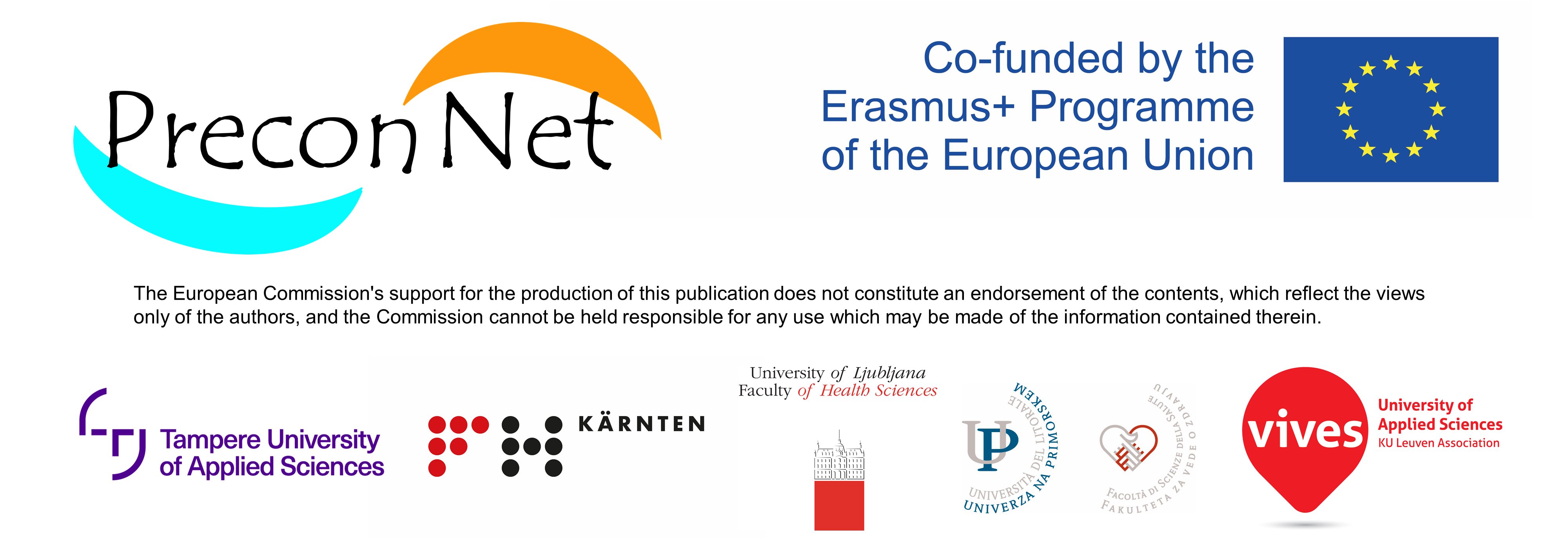Fetal programming: how parents plan the life of their children
Parenting begins many years before getting pregnant. It is even rational to say that parenting is a chain across the generations. We got millions of genes (our genome) from our parents. They also got their genes from their parents. Our genes are old. Some of these genes have passed on from one to another since million years. The interesting fact is, we possess a large pool of genes, but not all these genes are active in our body. Except to some specific genes, the early environment is decisive about the expression of genes (the selection of the genes). The expression of genes determines our phenotype. Parents not only share their genes with their children but also provide the environment to grow. How early environment may affect the gene expression is called fetal programming. The fetal programming hypothesis states exposure to specific factors during sensitive periods of development can cause organizational changes in fetal biological systems. These changes may, independently or through interactions with subsequent developmental processes and environments, have major consequences for health and disease susceptibility over the individual`s lifespan [Sonja Entringer et al, 2018].
Maternal mental disorders and fetal programming
Accumulating research shows that prenatal exposure to maternal stress increases the risk for behavioural and mental health problem later in life [Bea R. H. Van den Bergh et al 2017]. A ”fetal programming” effect, with resetting of HPA axis, is thought to underline these effects [Alexandra Miranda et al 2018].
Maternal stress, including anxiety and depression activates maternal HPA axis to produce high levels of cortisol. Increased cortisol levels may alter the function of the placenta. It decreases and inactivates the placental enzyme, 11 beta-hydroxysteroid dehydrogenase type 2 (11beta-HSD2). This enzyme converts maternal cortisol to its inactive form cortisone. Downregulation of this enzyme exposes the fetus to excess cortisol. Cortisol alters the structure and shape of the developing fetal brain and its sensitivity to stress. Several studies have indicated that the infants of mothers with elevated cortisol levels in pregnancy showed increased fussiness and negative behaviour [Andrew J. Lewis et al 2015], including difficult temperament, impaired cognitive development, symptoms of Attention Deficit Hyperactivity Disorders (ADHD) and conduct disorders.
To sum up
Knowing about the connection between the early environment and later psychological disorders provides us with the possibility for prevention. If stress, including depression and anxiety during pregnancy can affect the mental health of children, parents-to-be should know how to reduce such stress. They need to know whether or when they are at risk of stress, depression and anxiety and what they can do.
Nava Rezaeinamini, BSc in Midwifery
Junior Researcher in Carinthia University of Applied Sciences





